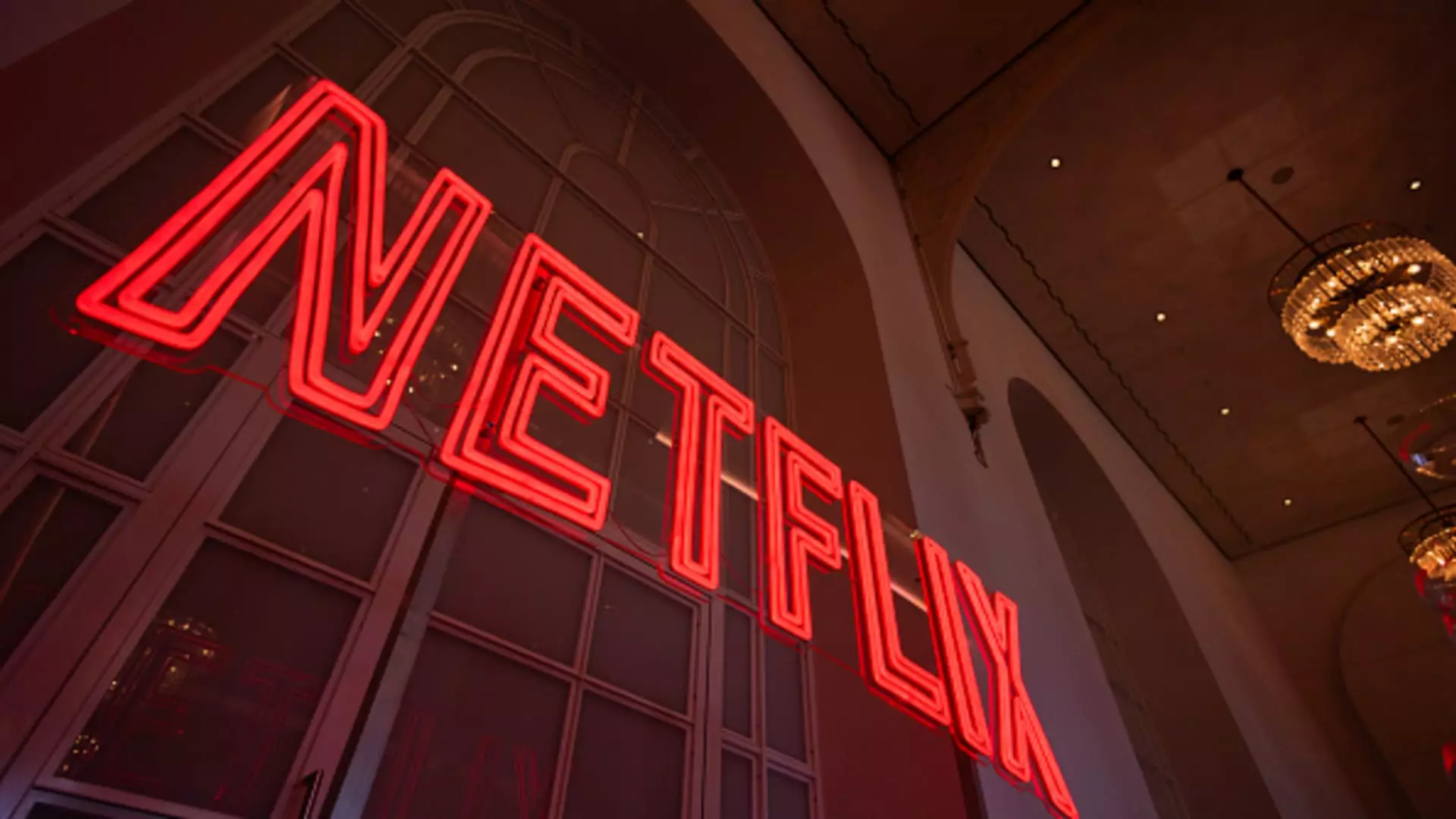As the corporate earnings season wraps up, the financial landscape reveals an intriguing narrative: several companies have not only weathered the storm of declining consumer expenditure but have also posted solid results. For investors keen on identifying stocks demonstrating resilience in turbulent times, insights from leading Wall Street analysts can offer valuable direction. This article dives into three standout stocks currently receiving strong endorsements from top analysts, providing a closer look at their prospects.
Take-Two Interactive Software (TTWO), renowned for its innovative games, recently posted better-than-expected earnings for Q1 of fiscal 2025. The financial performance, coupled with anticipated product launches, has placed this gaming giant firmly on analysts’ radars. Baird analyst Colin Sebastian has reiterated a bullish outlook with a buy rating and a price target set at $172, highlighting a robust 40% increase in bookings expected in the upcoming fiscal year.
The excitement surrounding Take-Two is primarily driven by its upcoming game releases, especially the highly awaited Grand Theft Auto VI, alongside sequels to popular franchises like Civilization and Borderlands. Sebastian posits that these titles, scheduled for launch, will significantly bolster the company’s revenue, estimating incremental bookings of around $2.25 billion from new console and PC releases, alongside substantial contributions from mobile and live service revenues.
Moreover, the analyst conveyed confidence in Take-Two’s resilience, suggesting that any delays in major releases would have limited implications for the company’s extended earnings trajectory. With an anticipated free cash flow exceeding $2 billion and the potential for generating over $3 billion in bookings within the first year of GTA VI’s release, Take-Two appears well-positioned for long-term growth. Sebastian notes that beyond the immediate horizon, the company has a promising pipeline that includes sequels to other beloved titles, solidifying its status as a strong contender in the gaming industry.
Another company moving against the negative trends affecting consumer spending is Costco Wholesale (COST). As a leading membership-based warehouse chain, Costco has impressed analysts with its consistent sales performance. Recently reporting a 7.1% increase in net sales for August, Baird analyst Peter Benedict has raised his Q4 fiscal 2024 earnings estimates to $5.10 per share—slightly above market expectations.
Benedict’s analysis emphasizes Costco’s unique positioning in the retail sector, as the company continues to attract consumers even amid an increasingly challenging economic backdrop. With solid growth in core comparables and signs of resilience in various product categories, Costco’s popularity remains steadfast. Highlighting the chain’s expansion efforts, growing membership stats, and a recent fee hike, Benedict confidently maintains a buy rating on COST, with an aggressive price target of $975.
Costco’s ability to deliver strong sales in a softening discretionary market signifies not just a robust business model but also its appeal as a “growth staple.” The company’s adept handling of economic fluctuations places it as a reliable choice for investors seeking stability and potential upside in an uncertain marketplace.
Finally, we turn our attention to Netflix (NFLX). The streaming behemoth has faced its share of headwinds with escalating competition and shifting consumer habits; however, under the guidance of analysts, it has demonstrated an ability to adapt and innovate. JPMorgan analyst Doug Anmuth has provided an optimistic assessment, firmly rating the stock as a buy with an ambitious price target of $750.
Anmuth notes that despite initial reservations about entering the advertising space—an area outside of Netflix’s traditional model—the company’s strategic implementation of an ad-supported tier could transform its revenue landscape. He predicts that ad revenue could represent a substantial portion of Netflix’s income by 2027, empowering the company to boost its competitive edge against established ad players like Amazon.
Furthermore, while the ad-supported tier may initially dilute earnings per member, Anmuth anticipates remarkable growth in upfront ad sales commitments and improved monetization strategies. He projects that Netflix can sustain mid-teen revenue growth rates even amidst broader market pressures, strengthening its profit margins and enhancing free cash flow over the next few years.
As the market grapples with pressures stemming from fluctuating consumer spending, the growth trajectories of companies like Take-Two Interactive, Costco Wholesale, and Netflix illuminate the potential for long-term success. By closely observing the strategies and forecasts of seasoned Wall Street analysts, investors may better navigate the complexities of today’s economic climate. Each of these picks reflects a unique resilience and capacity for adaptation—qualities that can safeguard investments through uncertain times. For those willing to dig deeper, the landscape remains ripe for opportunities grounded in informed, strategic decision-making.


Leave a Reply